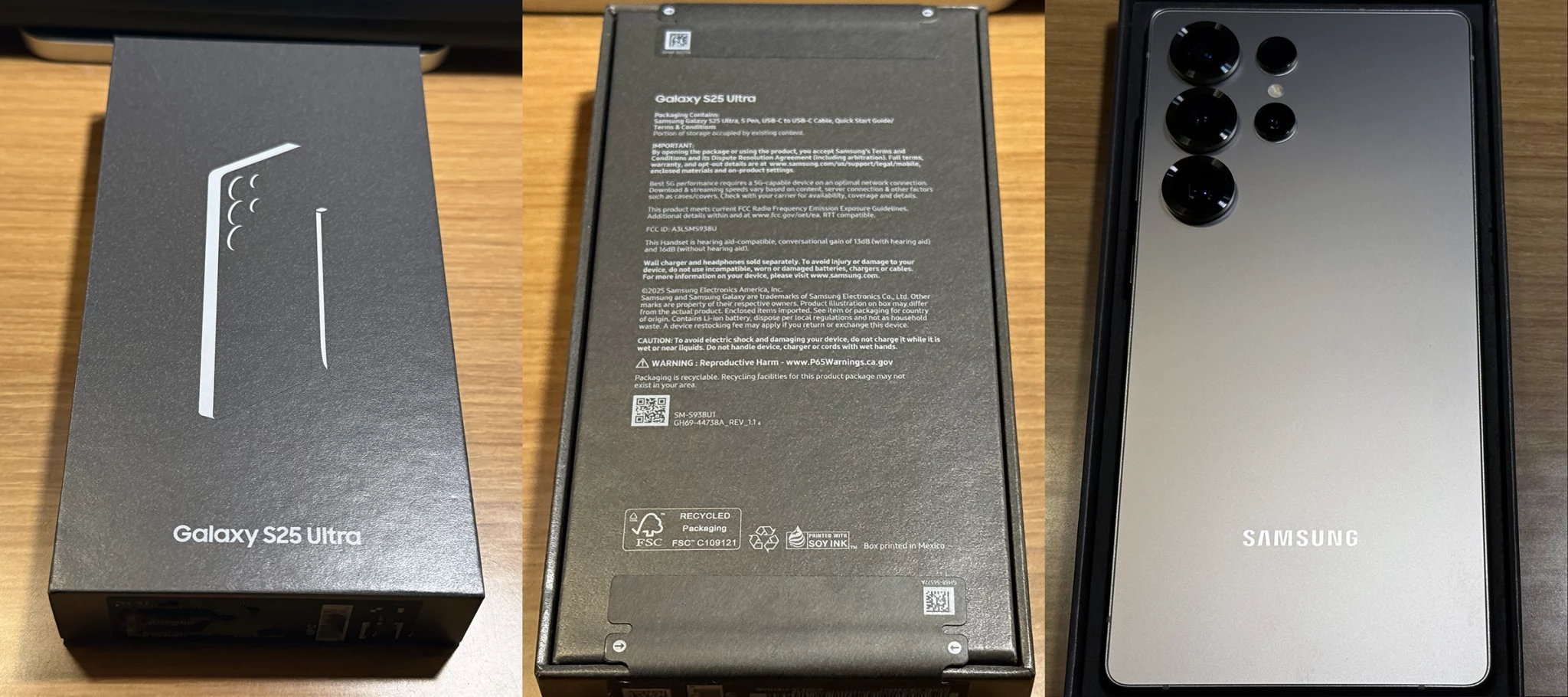Since one has to jump through a few hoops to see the whole thing… under the doctrine of fair use (in order to critique parts of the content), I’ve included it below the cut.
Google Chief Executive Larry Page said he didn’t remember an internal email Oracle Corp.
presented Wednesday as evidence the Internet search company knew it
needed to pay up for Oracle technology used in its mobile phone
software.The testimony came on the third day of the companies’
intellectual property trial in San Francisco. Oracle claims Google’s
Android mobile software infringes the patents and copyrights protecting
Oracle’s Java technology. Software company Oracle is seeking some $1
billion in damages. The trial is expected to last about two months.One internal Google email presented to Mr. Page on Wednesday was addressed to the company’s head of Android, Andy Rubin, and written by an employee named Tim Lindholm. Mr. Lindholm wrote that he had been asked by Mr. Page and Google co-founder Sergey Brin
to find alternatives to Java for use in Android. No good alternatives
exist, Mr. Lindholm wrote, adding that he recommended obtaining a
license to use Java.Google fought unsuccessfully during pretrial action to have the email
from Mr. Lindholm excluded because of attorney-client privilege. But
Judge William Alsup had noted early Wednesday that “every judge who has
looked at it does not think it’s privileged.”Wednesday, an Oracle attorney argued that the email contradicts Mr.
Page’s testimony from the day before, when the CEO said he was aware Mr.
Lindholm was a Google employee but didn’t recall him “particularly.” He
also testified that he didn’t recall giving directions to Mr. Lindholm.When handed a copy of Mr. Lindholm’s email, Mr. Page reiterated his position. “It doesn’t refresh my recollection,” Mr. Page said Wednesday. “It
sounds like Tim was somebody assigned to do this, probably by Mr.
Rubin.” Mr. Page later said during testimony that he meets and confers
with many Google employees during any given week.Mr. Page didn’t appear to endure Wednesday’s proceedings as well as
he had the previous day. He frequently stared up at the courtroom
ceiling as he was pressed for direct responses by both Oracle’s counsel
and Judge Alsup.
Oracle obtained Java when it purchased Sun Microsystems in early 2010. Sun had developed Java in the 1990s.
Mr. Page said during testimony Wednesday that Google struggled to
reach an agreement with Sun over Google’s use of Java before Sun was
acquired by Oracle. Google just wanted to develop mobile-phone software
that worked well, he argued, adding that existing Java-based phones at
the time Android was developed were lacking.“We tried very, very hard to negotiate with Sun over the terms of
Java,” Mr. Page said, but Sun’s strategy of charging licensing fees for a
compatibility test for Java was “not a good way of proceeding, in our
mind.”Asked directly if he personally had Google move ahead without a Java
license, Mr. Page replied, “I don’t recall if I specifically made that
decision.”
What we’ve been asked to do (by Larry and Sergei [sic]) is to investigate what technical alternatives exist to Java for Android and Chrome. We’ve been over a bunch of these, and think they all suck. We conclude that we need to negotiate a license for Java under the terms we need.



